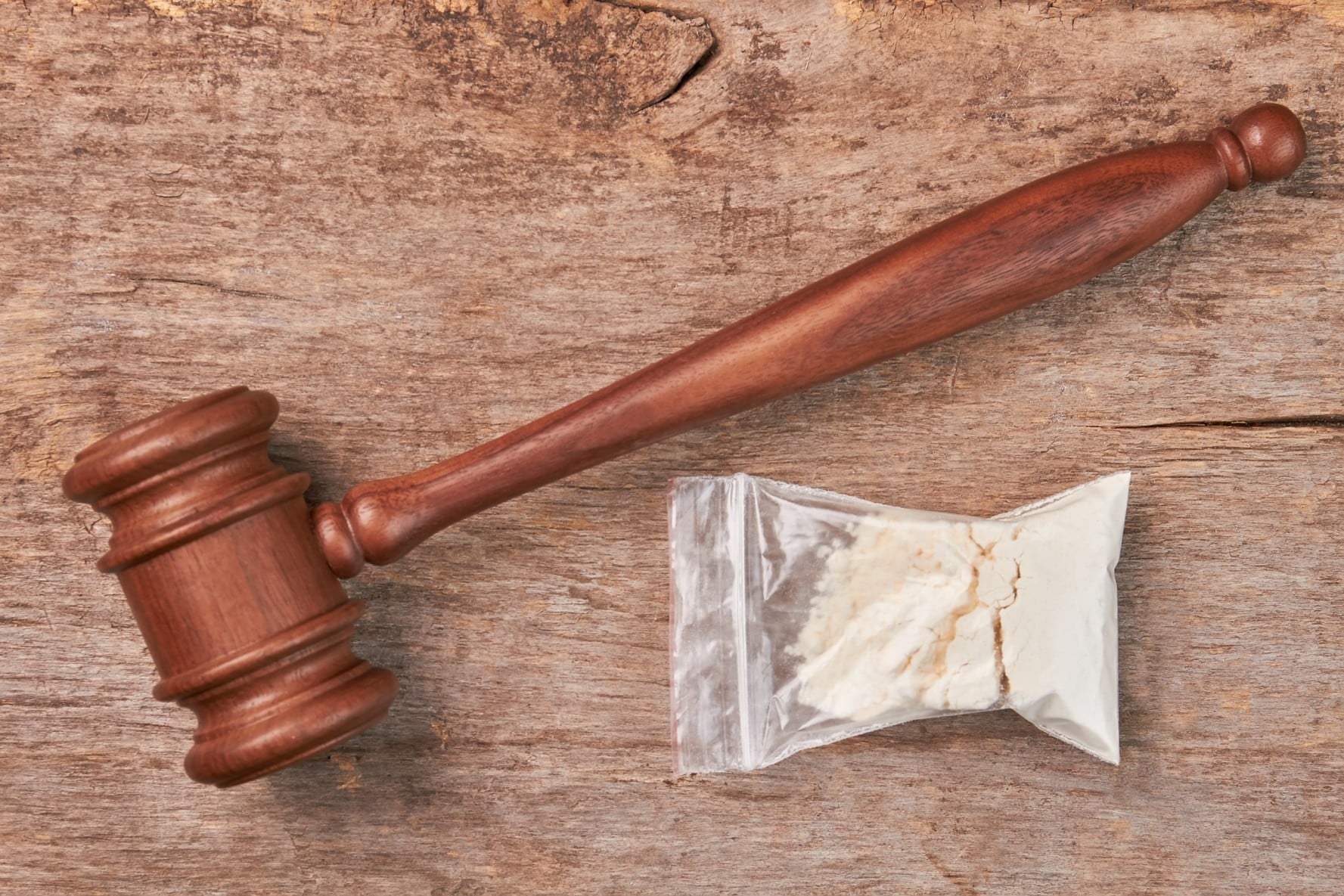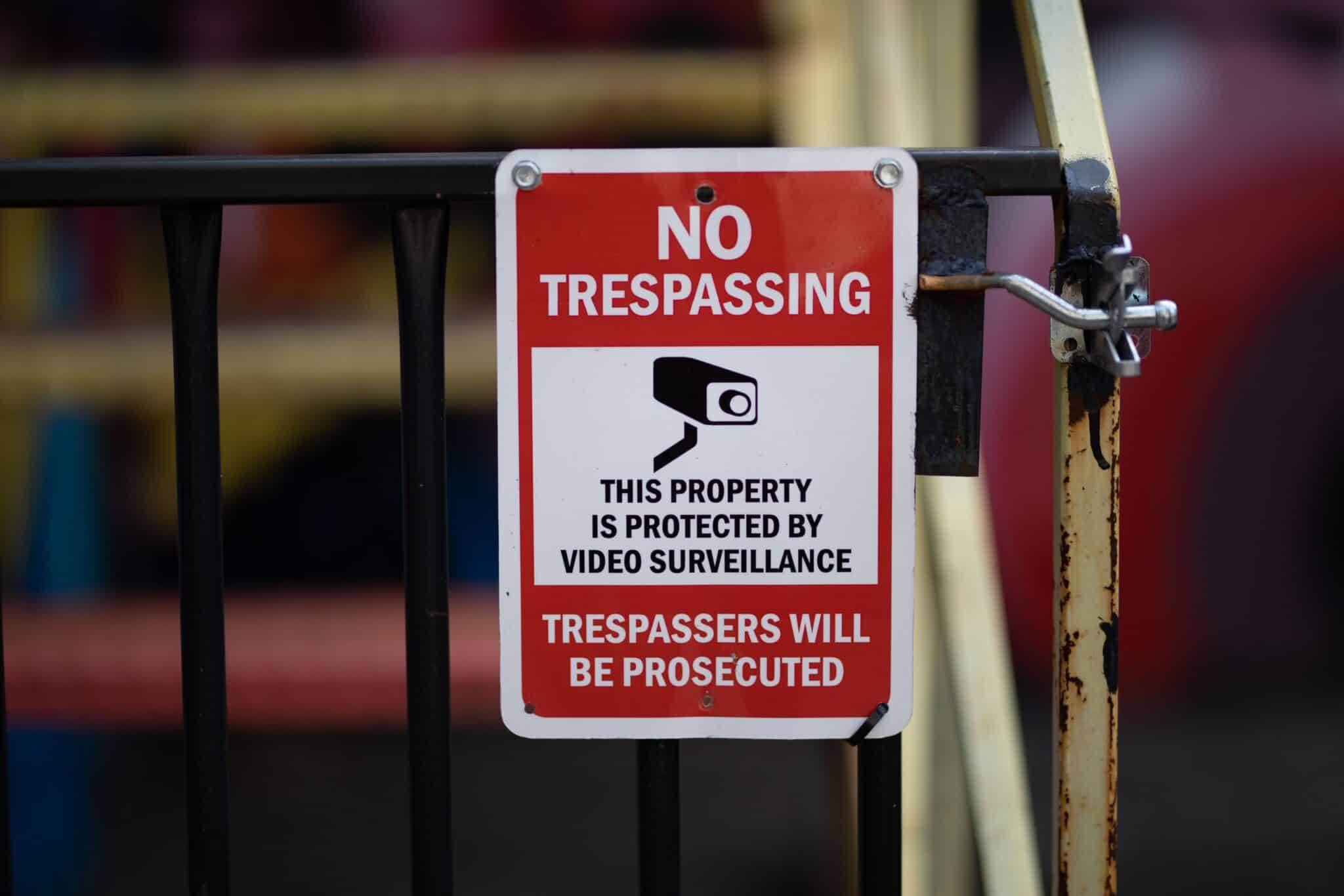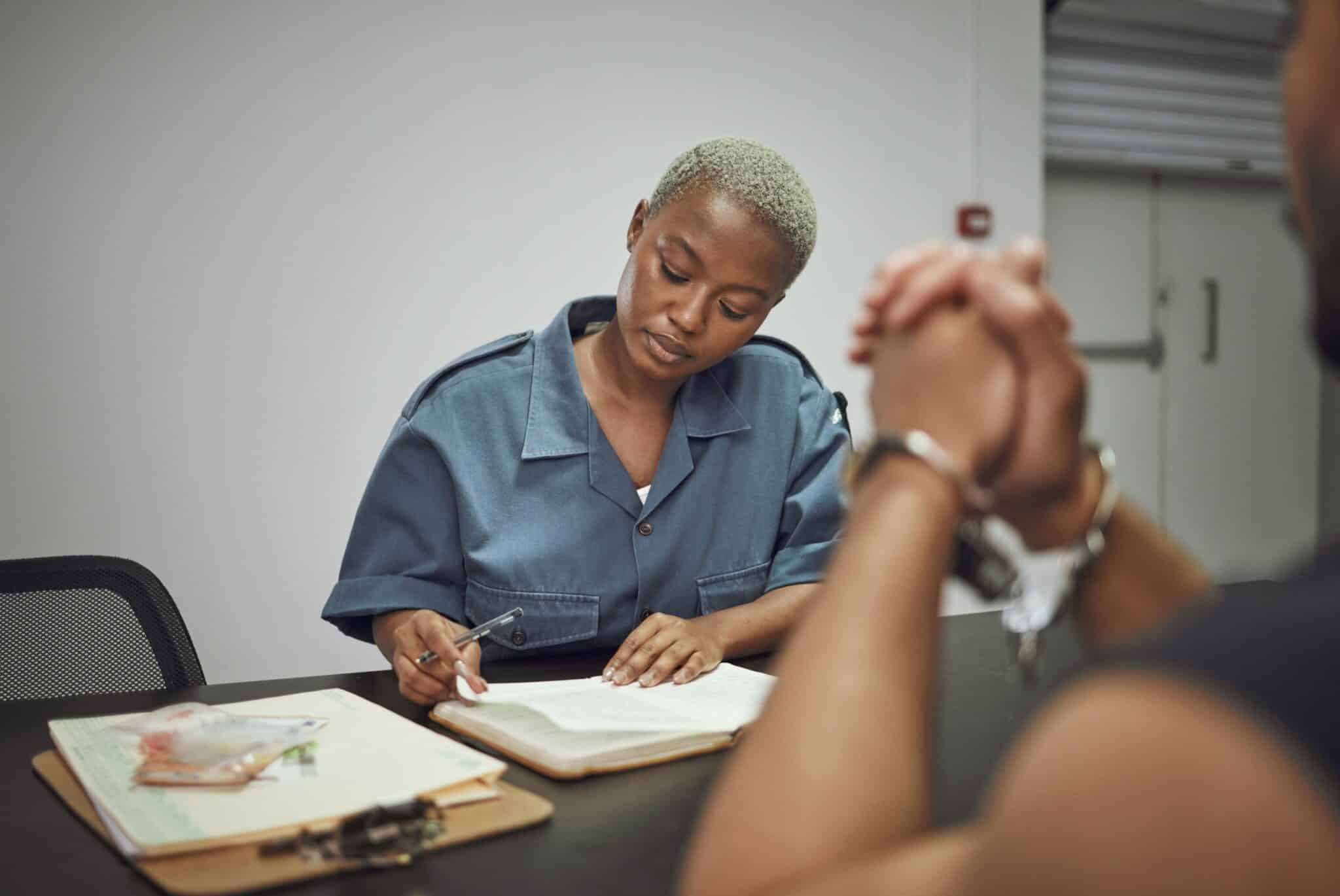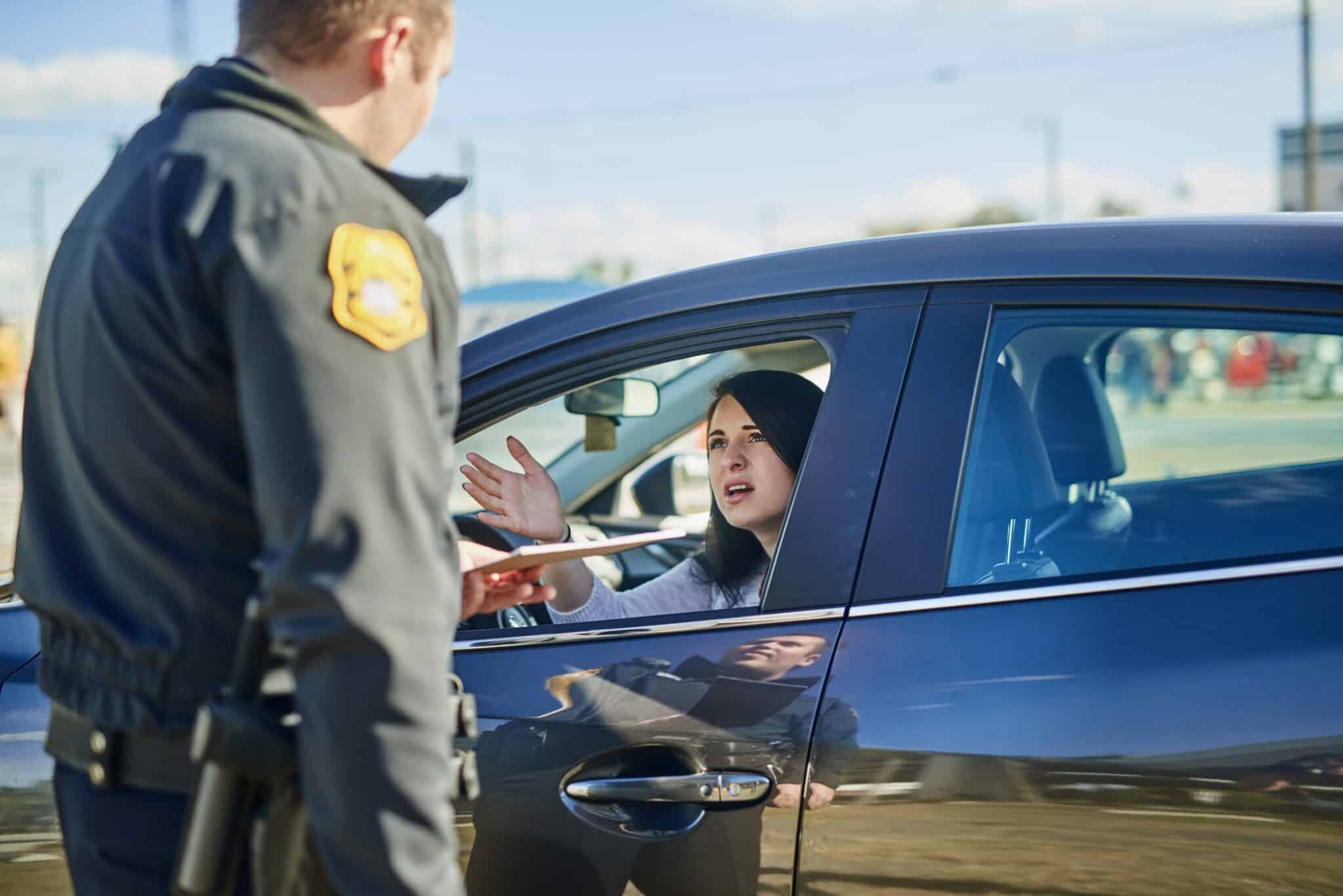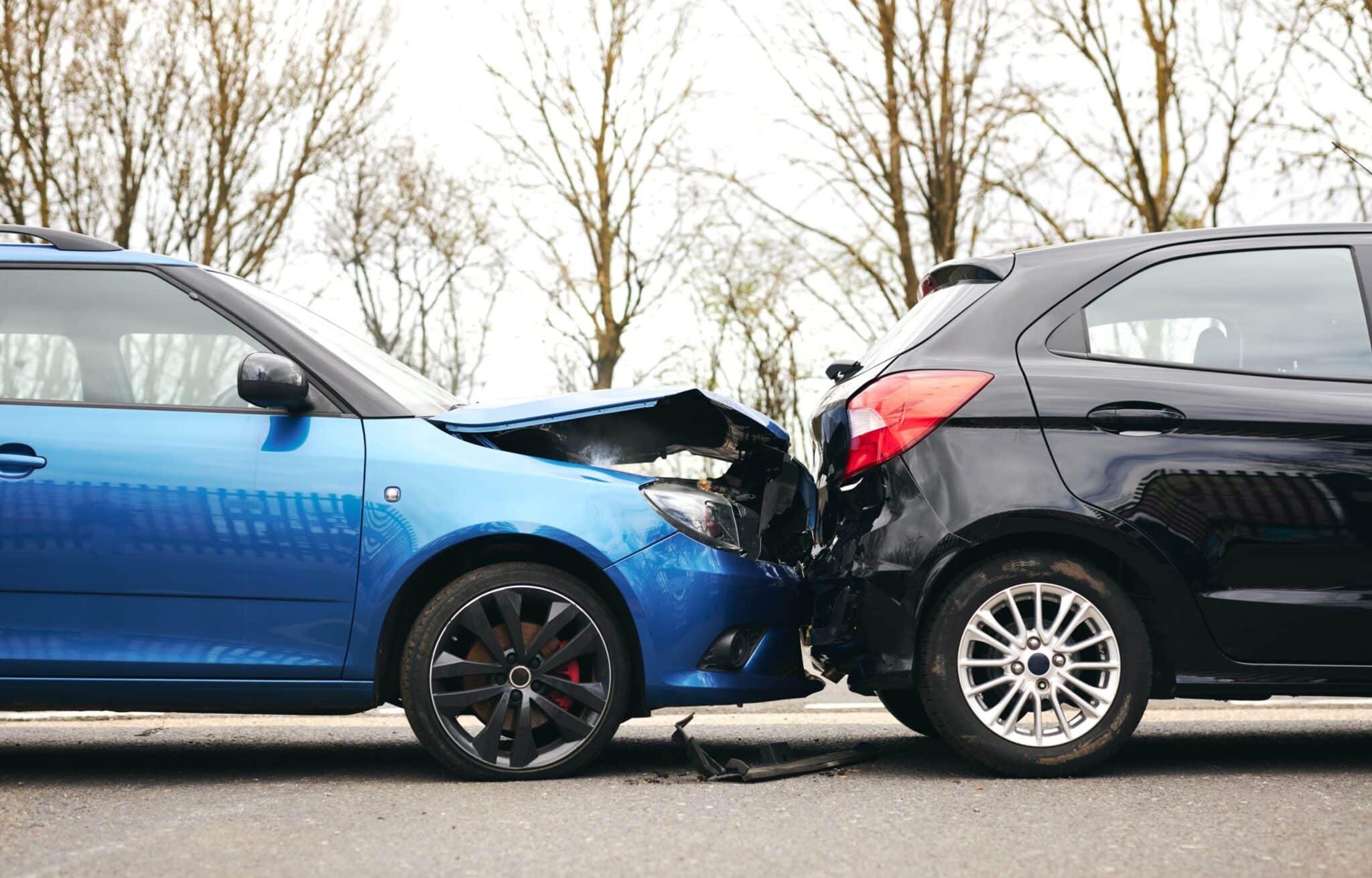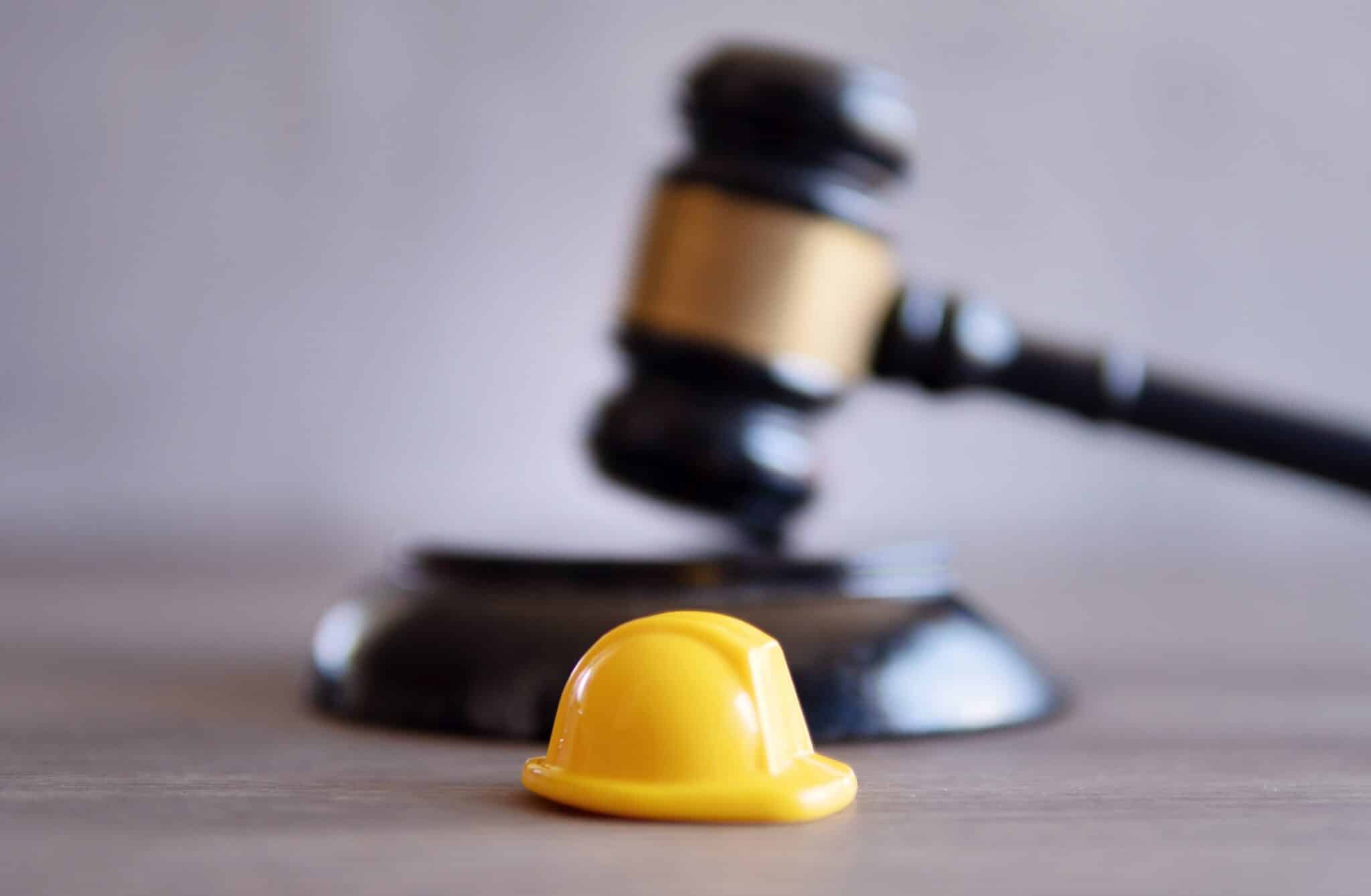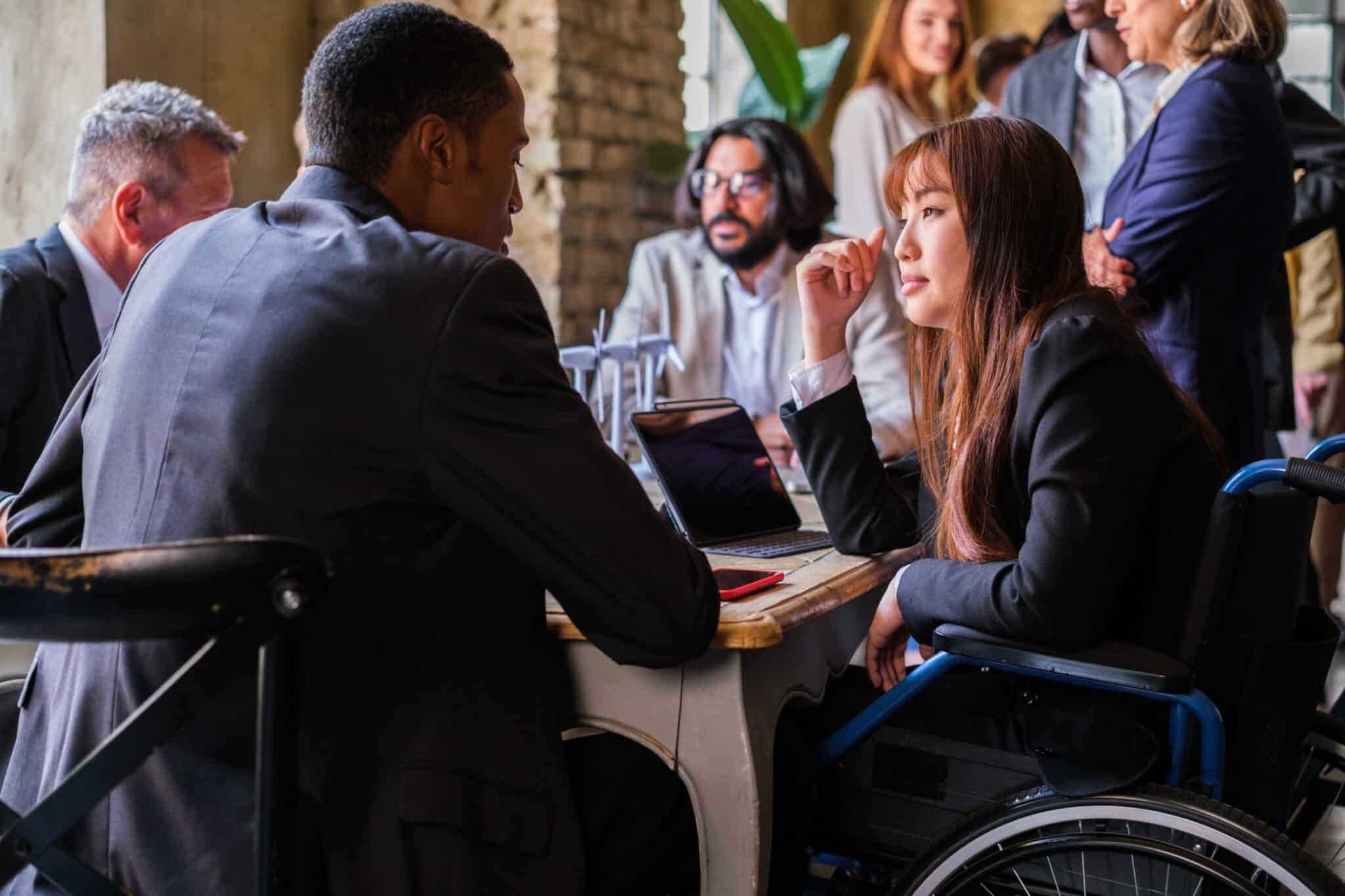WHAT HAPPENS AFTER A DUI ARREST IN MISSOURI?

A Step-by-Step Guide to the DUI Process
Getting arrested for Driving Under the Influence (DUI or DWI as it’s called in Missouri) — can be terrifying, confusing, and overwhelming. Whether it’s your first offense or not, knowing what to expect after the arrest can help you protect your rights and make smart decisions.
At KC Defense Counsel, our expert and affordable Kansas City DUI lawyers in Missouri have helped hundreds of clients across Kansas City navigate Missouri’s DUI legal process. If you’ve been charged with a DUI or DWI in Missouri call our office immediately and let us begin your defense.
Here, we can break down the process for you — step by step — beginning with the moment of arrest:
STEP 1: THE ARREST
After being pulled over, if police suspect you’re impaired, they may:
- Conduct field sobriety tests
- Administer a breathalyzer
- Arrest you for DWI (Driving While Intoxicated)
Once arrested, you’ll be taken to a police station or jail, where you’re booked, fingerprinted, and may be held in custody temporarily.
STEP 1: LICENSE SEIZURE AND NOTICE OF SUSPENSION
If you fail the breath test (BAC of 0.08% or higher) or refuse to take it, the officer will:
- Take your driver’s license
- Give you a Notice of Suspension/Revocation
- Issue a 15-day temporary driving permit
IMPORTANT: You have only 15 days to request an administrative hearing with the Missouri Department of Revenue (DOR) to challenge your license suspension.
Failure to request a hearing = automatic suspension.
STEP 3: ADMINISTRATIVE LICENSE HEARTING
This step is optional but critical. This is a civil, not criminal, hearing that determines whether your license should be suspended. It’s held by the DOR — not a court and is separate from your DUI hearing.
Your skilled Kansas City DUI/DWI attorney can:
- Request the hearing within 15 days
- Challenge the validity of the stop or the test results
- Argue for keeping your license or securing a restricted driving privilege
Even if you’re found guilty in court, winning this hearing can help preserve your driving privileges.
STEP 4: ARRAIGNMENT IN CRIMINAL COURT
This is your first formal court appearance. You’ll be officially told:
- The charges against you
- Your rights
- Your opportunity to enter a plea: Guilty, Not Guilty, or No Contest
When you hire one of the expert Missouri DUI attorneys from KC Defense Counsel, we may be able to appear on your behalf and enter a plea for you no need for you to attend every court date.
STEP 5: PRE-TRIAL PROCEEDINGS
During this phase, your defense attorney will:
- Request and review evidence (breathalyzer results, dash cam footage, police reports)
- Identify constitutional violations (like unlawful stops or testing errors)
- File motions to suppress evidence if your rights were violated
- Negotiate with prosecutors for plea deals or reduced charges
This is often where the case is won or lost. A strong legal team can exploit flaws in the state’s case and seek to get charges dismissed or reduced.
STEP 6: TRIAL (IF NECESSARY)
If your case goes to trial, it will be heard in municipal or state court. Evidence will be presented, and witnesses may be called, including:
- The arresting officer
- Expert witnesses
- You, if you choose to testify
Juries take DUI charges seriously, but so do we. At KC Defense Counsel, our knowledgeable Kansas City criminal defense lawyers will fight aggressively to protect our clients’ rights at every stage.
STEP 7: SENTENCING
If you’re convicted or plead guilty, the court will determine your punishment. Penalties depend on whether this is your first offense, your BAC level, and whether there was an accident or injury.
First-Time DUI (Missouri):
- Up to 6 months in jail
- Up to $1,000 fine
- 30-day license suspension (with limited driving privileges after)
- Possible alcohol education or treatment
- Installation of an ignition interlock device (IID)
Penalties increase sharply for second and third offenses.
STEP 8: POST-C0NVICTION OPTIONS
If you’re convicted of a DUI/DWI in Missouri, you may still have legal options:
- Appeal the decision (if errors were made)
- Apply for a limited driving privilege (LDP)
- Complete requirements for reinstatement of your license
- Pursue expungement (in certain cases after 10 years)
We help clients minimize the damage, even after a conviction.
IMPORTANT DEADLINES TO REMEMBER AFTER A DUI IN MISSOURI:
- 15 Days: Request a hearing to challenge license suspension
- 30 Days: File for Limited Driving Privilege if eligible
- Up to 10 Years: Potential wait for expungement (for first-time DUI)
FACING A DWI IN MISSOURI? LET KC DEFENSE COUNSEL HELP
The DUI process in Missouri is complex — but you’re not alone. From license hearings to courtroom defense, KC Defense Counsel is here to protect your future. A DUI arrest doesn’t mean a conviction. You have rights. You have options. You have us.
Call KC Defense Counsel today for a free case evaluation with one of our trusted and affordable Missouri DUI attorneys. We’ll explain the process, review your case, and build a strong defense from day one.
Cities we serve: Adrian, Archie, Bates City, Belton, Blue Springs, Buckner, Butler, Cameron, Claycomo, Cleveland, Drexel, Fairview, Ferrelview, Gladstone, Grain Valley, Grandview, Greenwood, Houston Lake, Independence, Kansas City Missouri, Kearney, , Knob Noster, Lake Lotawana, Lake Tapawingo, Lake Waukomis, Lake Winnebago, Lawson, Lee’s Summit, Liberty, North Kansas City, Oak Grove, Oakview, Parkville, Peculiar,, Platte City, Platte Woods, Plattsburg, Pleasant Hill, Raymore, Raytown, Riverside, Smithville, Sugar Creek, Tracy, Warrensberg, Weatherby Lake, and Weston.
Statewide: Missouri State Highway Patrol and Sheriff Counties we serve: Bates County, Cass County, Clay County, Jackson County, Platte County, Ray County.
Contact us if your ticket is not on this list so our experienced Kansas City DUI/DWI defense attorneys near me in Missouri can be of assistance.

